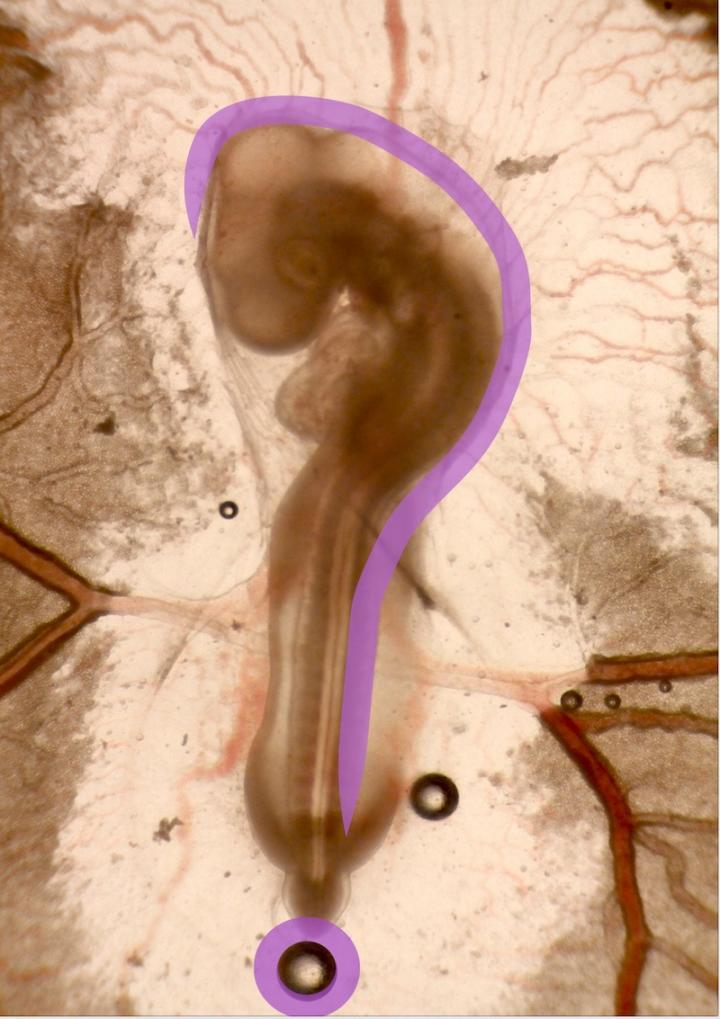Zi Chen to investigate forces behind early embryonic development

Credit: Dartmouth Engineering
Dartmouth Engineering Professor Zi Chen has received a $400,000 grant from the National Science Foundation (NSF), in partnership with the Center for the Advancement of Science in Space (CASIS), to lead a three-year research project on the International Space Station (ISS).
Chen’s proposal was one of just three selected from institutions across the country as part of the NSF/CASIS solicitation to further knowledge of tissue engineering and mechanobiology utilizing the ISS. With the funding for his project, “ISS: Unveiling the Mechanical Roles of Gravity and Buoyancy in Embryonic Brain and Heart Torsion,” he aims to identify the biomechanical mechanisms that drive the shape changes in early embryonic brain and heart development.
“It’s rare to be able to test hypotheses such as ours, especially as there has been a lack of opportunity in accessing the International Space Station until recently,” said Chen, who noted that the research topic has garnered significant interest despite the little existing available data. “Any simulated micro-gravity conditions can only be done for a few seconds if you’re lucky, but embryonic development takes course over at least a period of hours and days.”
Building on his previous studies, Chen, who will serve as principal investigator, will test the effects of buoyancy and gravity on the growth and shape of brains and hearts in chicks’ early embryonic development, which closely parallels that of humans. The data should lead to a better understanding of birth defects found in humans such as situs inversus, in which organs are found in the mirror image position in the body, which leads to difficulty in finding replacement organs, should they be necessary.
The researchers also hope to better understand left-right asymmetry of the body, as well as how the brain develops its shape under normal and micro-gravity conditions. Both studies could prove useful for future deep space travels.
Chen has recruited a Dartmouth engineering postdoctoral fellow and will also work with implementation partner BioServe Space Technologies, which received additional funding for the project. Chen will train the ISS crew to conduct physical experiments, while his team conducts research through control experiments and computational modeling from Chen’s lab.
CASIS, the nonprofit responsible for managing the ISS US National Laboratory thanks to a cooperative agreement with NASA, announced the grants in a press release. “The collaboration between NSF and the ISS National Lab to support tissue engineering and mechanobiology research will uncover new knowledge about brain and heart development, maintaining healthy cartilage, and reducing the negative impacts of human aging,” said NSF Assistant Director for Engineering Dawn Tilbury. “The insights gained from studies in different gravitational environments will ultimately improve life for citizens, young and old, who experience injuries here on Earth.”
Research on the project started last month, near the same time that Chen received the International Association of Advanced Materials (IAAM) Innovation Award for bringing “about some significant innovation to the sphere of advanced materials,” according to the organization.
###
Media Contact
Julie Bonette
[email protected]
Original Source
https:/




